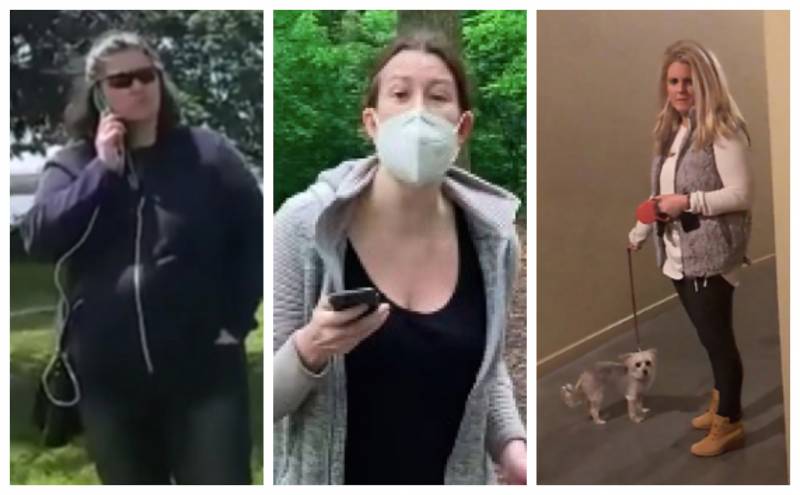U
ntil fairly recently, I believed all women lived in a state of perpetual fear. It’s how we’re raised. Don’t wear that, don’t talk back, don’t get in that car, don’t walk there, don’t walk then. We might not all be scared to the same degree—it’s common knowledge that women of color and trans women experience disproportionate levels of violence—but we are all scared.
 Or so I thought. In the last couple years, it has become abundantly clear that there is a subsection of white women in America who act as if they are positively invincible. And an awful lot of them are willing to exploit womankind’s victimhood for their own racist ends.
Or so I thought. In the last couple years, it has become abundantly clear that there is a subsection of white women in America who act as if they are positively invincible. And an awful lot of them are willing to exploit womankind’s victimhood for their own racist ends.
These women are all over the country. I’m talking about Oakland’s Jennifer Schulte (aka BBQ Becky). Hilary Brooke Mueller in St. Louis who called the cops on D’Arreion Toles for trying to access his own apartment. Washington, D.C.’s Brittany McNurlin, who called the cops on a Black student for trying to go to the library. That Starbucks manager in Philadelphia who called the cops on two Black men who were waiting for a friend.
There have been so many incidents like these in the last two years, I simply don’t have space to list them. And now, as of Memorial Day, we have Amy Cooper, the woman in Central Park who called the police because a man named Christian Cooper, who was birdwatching while Black, had the audacity to ask her to leash her dog.
Calling the police on Black folks for no reason is definitely not a female-specific activity. Just this week, footage emerged of a white Minneapolis man calling the cops because he didn’t think the Black men in his gym “appear[ed] to be part of the” building. That’s certainly not an isolated incident either. But there is something about the way these women feign fear in the middle of their racist interactions that is particularly deplorable.


